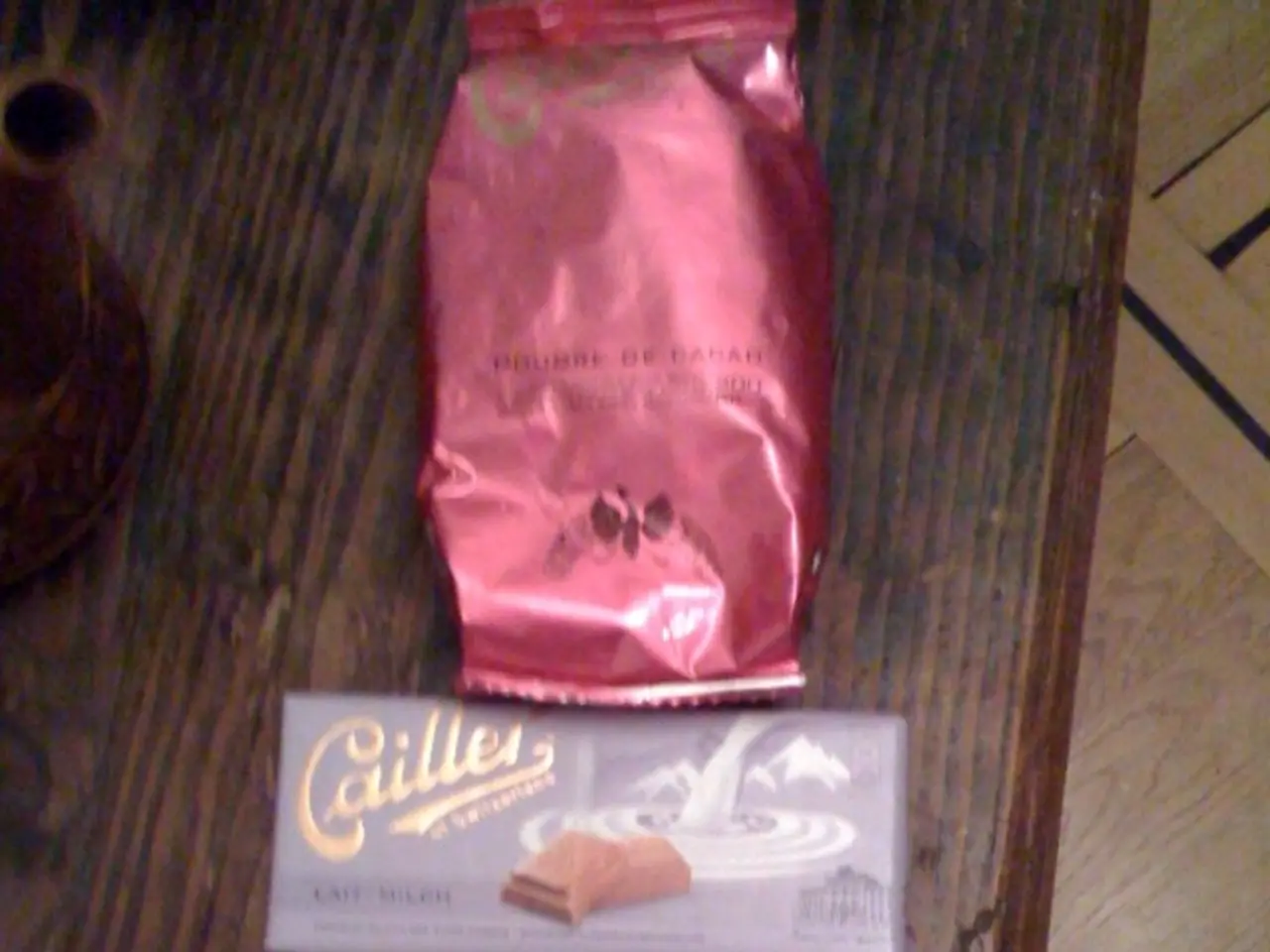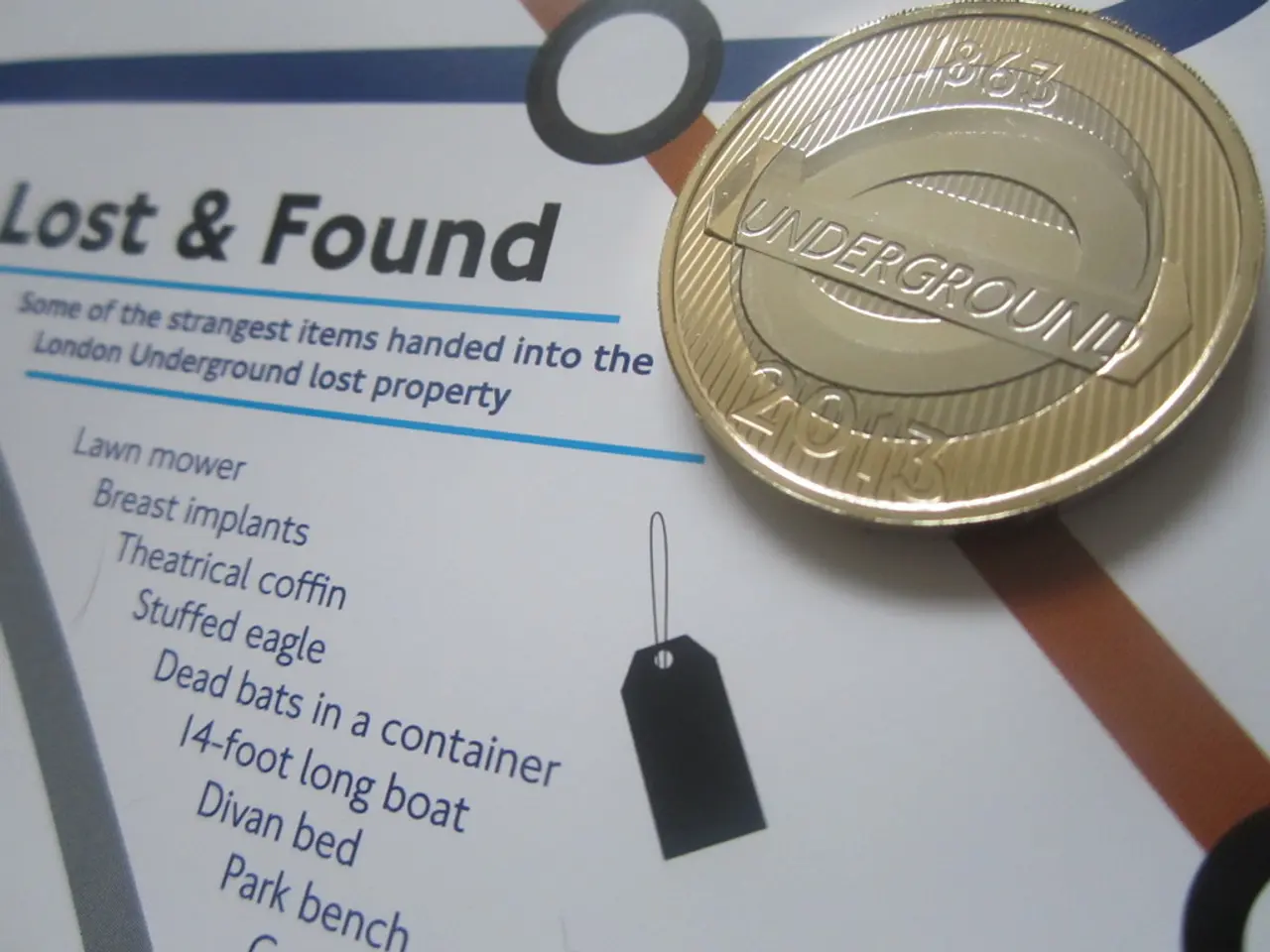"Setting the Record Straight on 'Dubai Chocolate': Cologne Court's New Rules"
Dubai Chocolate's advertising label scope narrowed by OLG
Facebook Twitter Whatsapp E-Mail Print Copy Link The new court ruling in Cologne mandates strict standards for promoting "Dubai Chocolate", emphasizing authenticity and labeling requirements.
In an interesting turn of events, the Higher Regional Court of Cologne has taken action, granting injunctions in four cases against providers of "Dubai Chocolate" who couldn't prove they manufactured the delight in Dubai (Cases: 6 U 52/25, 6 U 53/25, 6 U 58/25, 6 U 60/25).
One of the four cases had previously seen an interim injunction against the supplier, with the Regional Court of Cologne insisting that "Dubai Chocolate" should establish a connection to Dubai. The remaining cases, not initially subject to a ban, were subsequently deemed impermissible by the Higher Regional Court, which expanded the restriction on the "Dubai Chocolate" advertising description. This decision was made in light of the chocolate's recent popularity and the fact that its association with Dubai is a significant selling point, according to the court.
Providers from countries like Turkey argued that "Dubai Chocolate" is a common term, representing a unique recipe independent of its place of origin. However, the court dismissed this argument, urging that around 15 to 20 percent of consumers still link the term with a specific geographic origin. The court found that this threshold had not been reached in the case of Dubai Chocolate.
The frenzy around "Dubai Chocolate" sparked a trend in Germany, with consumers forming long lines to purchase the treat at the end of last year, some waiting for hours. Known for its pistachio cream filling and "angel hair," it is clear why this chocolate has gained such popularity. The recent court judgments from Cologne are final.
In the context of the changing landscape for advertising "Dubia Chocolate," it's crucial to emphasize clear, accurate labeling, complying with food safety and allergen regulations, and selling through reputable retailers to avoid any potential health risks and deceptive advertising practices. Misleading marketing claims about the product's origin, composition, or safety should be carefully avoided as well to maintain consumer trust.
[1] Schmalz, Julia. "Dubai Chocolate: Das Hype-Süßwaren-Phänomen aus dem Arabischen Emirat," ntv.de, 3 February 2022, https://www.ntv.de/politik/Dubai-Chocolate-Suedwestdeutscher-Kaufhausverband-Mitglieder-werden-ausgeschlossen,oper-plmzai6.html.
[2] AFP. "Cologne Holds Providers of Dubai Chocolate Accountable for Failure to Produce in Dubai," The Local DE, 26 August 2022, https://www.thelocal.de/20220826/cologne-holds-providers-of-dubai-chocolate-accountable-for-failure-to-produce-in-dubai.
[3] Food Standards Agency. "FSA Advice on Dubai-Style Chocolate," Gov.uk, 11 December 2019, https://www.gov.uk/government/publications/dubai-style-chocolate/dubai-style-chocolate---fsa-advice.
[4] Food Standards Agency. "Allergen Information," FSA, 2022, https://www.food.gov.uk/business-guidance/allergen-information-for-business.
[5] Food Standards Agency. "Complying with Food Law in the UK," FSA, 2022, https://www.food.gov.uk/compliance/compliance-policy.
In light of the recent court rulings mandating strict standards for "Dubai Chocolate" advertising, it would be prudent for the confectionery industry, finance, retail, and business sectors to ensure their labeling and marketing practices align with the new requirements, prioritizing consumer trust and safety. Misleading claims about the product's origin, composition, or health risks could tarnish the overall image and market position of the industry in this context.







